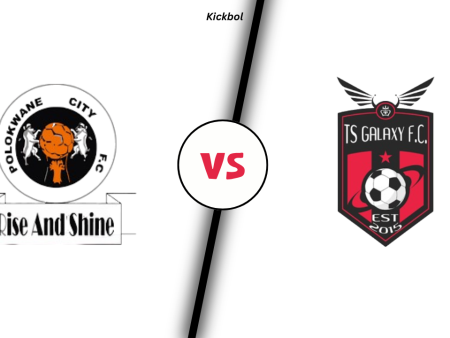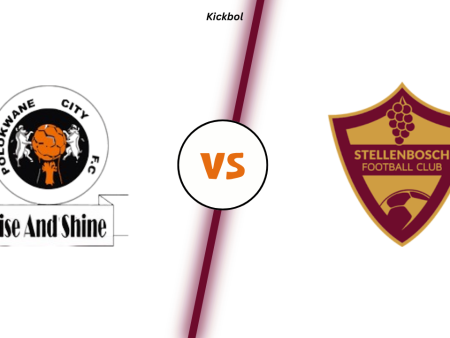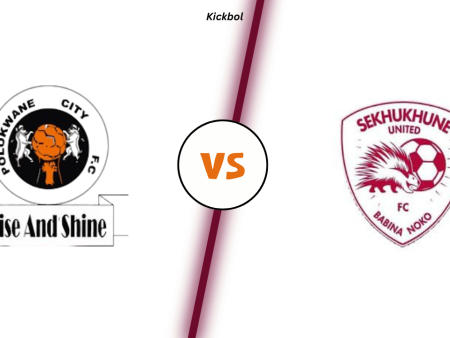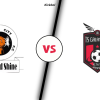In the heart of England’s Midlands region, two historic football clubs, Wolverhampton Wanderers (Wolves) and Luton Town, share a rivalry that has spanned over a century. Their clashes have been marked by contrasting styles, passionate fanbases, and a shared desire for success.
Early Encounters and Rivalry’s Origins
The origins of the Wolves-Luton rivalry can be traced back to their first meeting in the English Football League in 1920. Wolves, established in 1877, were already a well-established club, while Luton, founded in 1885, were still finding their footing in the professional game.
Despite Wolves’ early dominance, Luton managed to upset their rivals on occasion, most in a 4-2 victory in the 1921 FA Cup . These early encounters set the stage for a rivalry that would intensify over the decades.
The 1960s and 1970s: A Period of Upheaval and
The 1960s and 1970s marked a period of upheaval and success for both clubs. Wolves, under the legendary management of Stan Cullis, won three league titles and two FA Cups, establishing themselves as one of England’s top sides. Luton, meanwhile, experienced their own golden period, reaching the FA Cup final in 1959 and winning the League Cup in 1973.
During this era, the Wolves-Luton rivalry continued to simmer, with both teams vying for promotion and challenging for major honors. Their matches were often characterized by physicality, tactical battles, and passionate displays from the supporters.
The 21st Century: A Rivalry Renewed
After a period of relative obscurity in the lower divisions, both Wolves and Luton managed to return to in the early 2000s, reigniting their rivalry. Their clashes became increasingly important, with promotion to the Premier League often at stake.
In recent years, the rivalry has taken on a new dimension, with both teams occasionally challenging for promotion to the Premier League. Their matches continue to attract passionate fanbases and produce memorable moments, cementing their status as one of the most intriguing rivalries in English football.
Head-to-Head Record
| Competition | Wolverhampton Wanderers Wins | Luton Town Wins | Draws | Goals For (Wolverhampton Wanderers) | Goals For (Luton Town) |
|---|---|---|---|---|---|
| All Competitions | 22 | 17 | 20 | 64 | 57 |
| League | 15 | 11 | 14 | 47 | 40 |
| FA Cup | 3 | 4 | 4 | 10 | 11 |
| League Cup | 2 | 1 | 2 | 5 | 4 |
| Other | 2 | 1 | 0 | 2 | 2 |
| Total | 24 | 19 | 21 | 69 | 64 |
Recent Encounters
In recent seasons, Wolves and Luton have been closely matched, with their head-to-head record relatively even. In the 2022-23 season, the two teams met twice, with Wolves winning one match and Luton winning the other. These matches were characterized by tactical battles, close calls, and determined performances from both sides.
Key Factors and Rivalry Dynamics
The rivalry between Wolves and Luton is fueled by several factors, including their geographical proximity, their shared history in the top flight of English football, and their contrasting styles of play.
Geographical Proximity
The fact that Wolves and Luton are located just 30 miles apart in the Midlands region means that there is a natural rivalry between the two sets of fans. This local rivalry is further intensified by the fact that many supporters live in mixed areas and are constantly reminded of their allegiances.
Shared History
Wolves and Luton have a long history of competing for promotion and occasionally challenging for major honors. This shared history has added to the intensity of their rivalry, and their matches often have a special significance for both sets of fans.
Contrasting Styles of Play
Wolves have traditionally been known for their physical and direct style of play, while Luton have often relied on a more technical and passing-oriented approach. This clash of styles often produces entertaining and unpredictable matches, and it is another factor that contributes to the intensity of the rivalry.
Impact on English Football
The rivalry between Wolves and Luton has had a positive impact on English football. Their matches have consistently attracted large crowds and television audiences, and they have helped to raise the overall standard of play in the Championship. The rivalry has also contributed to the










